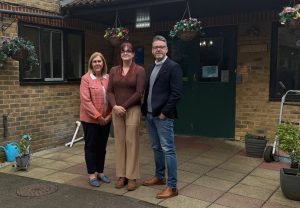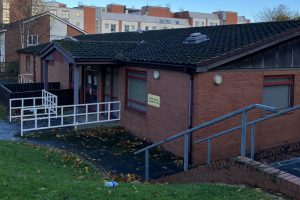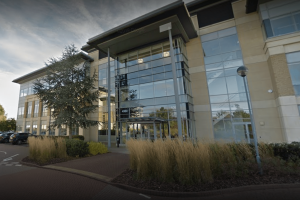Staffordshire biotech shares in £5.3m government handout

A MIDLANDS biotech is set to be one of 15 projects around the UK to benefit from a £5.3m government cash injection.
The synthetic biology companies have been backed with investment from the Technology Strategy Board and Research Councils.
Prokarium, which has bases at Keele University Science Park in Staffordshire and in London, is working to engineer immune-cell-targeting bacteria to express vaccines from within the body.
Synthetic biology applies the principles of engineering design to biological systems and processes. Scientists believe that it may lead to new applications, such as novel systems for energy and chemicals production, medical therapies, biological computers and innovative ways to clean up hazardous waste.
Another of the companies to benefit from the funding is Synthace, which is based at University College London. Synthace use micro-organisms to convert small molecules into different, more useful products. The aim is to produce high value chemical products, such as bases for fragrances and air fresheners, from cheap industrial feedstocks such as rapeseed oil.
Universities and Science Minister David Willetts said on a visit to the firm: “Synthetic biology is one of eight key technology areas that I have identified as playing an increasingly important part in the global economy over the coming years. The UK is well positioned in the biological sciences sector and is among the first economies in the world to invest in this exciting area of technology.
“Companies like Synthace can help the UK exploit the massive potential that synthetic biology has both here and abroad. By making investment in technology now, it will ensure that in ten years time the UK is at the forefront of the global race when it comes to commercialising new technologies.”
The grants have been awarded through a competition for business-led, collaborative projects aimed at demonstrating the feasibility of using synthetic biology to create novel or improved products or processes.
Funding came from the Technology Strategy Board, the Biotechnology and Biological Sciences Research Council (BBSRC) and the Engineering and Physical Sciences Research Council (EPSRC). Each of the applications was also assessed according to a series of responsible innovation criteria.
Iain Gray, Chief Executive of the Technology Strategy Board, said: “Synthetic biology is an emerging technology that can play a really important part in the UK’s economy. Our aim in supporting these projects is to help bring together a range of organisations that together, with our help, can develop the products and processes to ensure that the UK remains at the forefront of this sector.”







